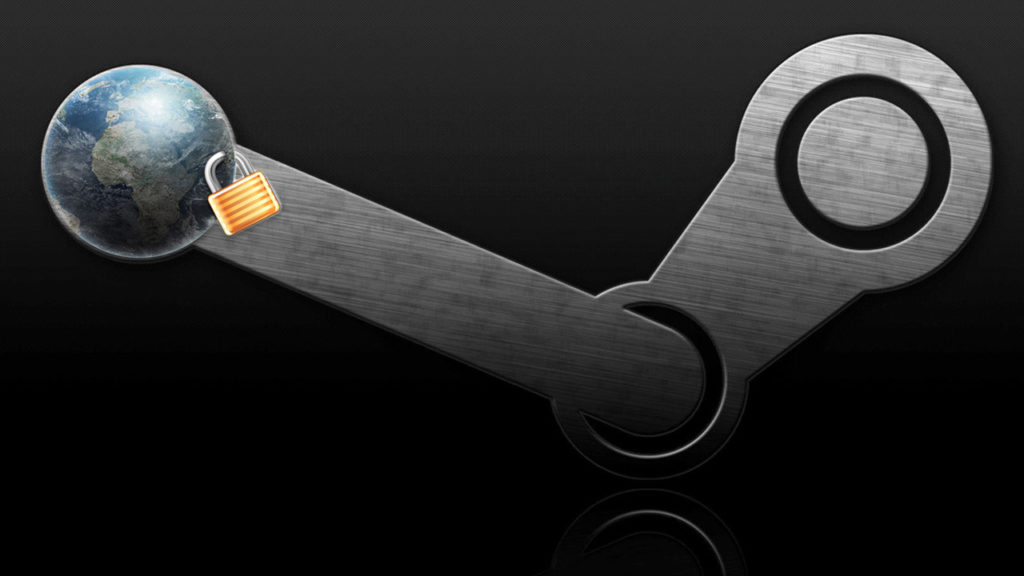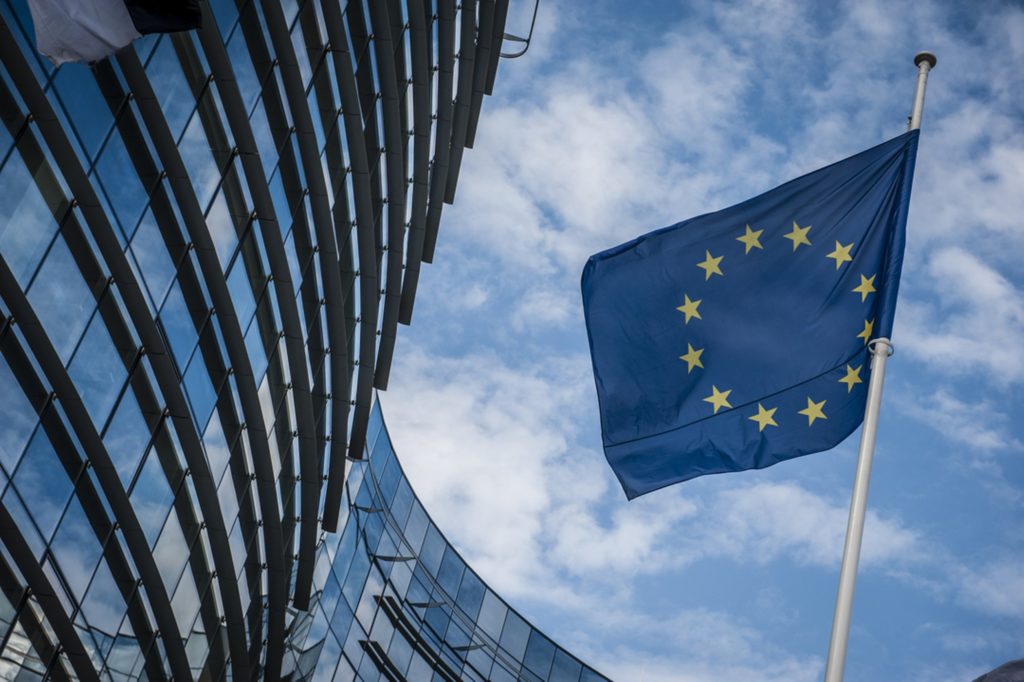The European Commission has threatened to fine six gaming companies for 10% of revenue. Among them is Valve
The European Commission suspected Valve, Bandai Namco, Capcom, Focus Home, Koch Media and ZeniMax of violating EU antitrust laws. If suspicions are confirmed, gaming companies will be heavily fined.

Official Brussels informed these publishers that they need to answer questions about the “geoblocking” of PC titles. According to preliminary data from the European commissioners, companies prohibit European players from purchasing titles outside their country of residence.
The main claim is to Valve. She, being the owner of Steam, distributes video games from five other publishers. The Commission believes that Valve could have concluded bilateral agreements with them. Using them, she began selling geo-locked activation keys in a number of countries: the Czech Republic, Estonia, Hungary, Latvia, Lithuania, Poland, Slovakia and, in some cases, Romania. Such keys are not accepted by the Steam system in other countries. Note that in these countries, the cost of games is often lower than in Germany or France.
As for Bandai Namco, Capcom, Focus Home, Koch Media and ZeniMax, they have included export restrictions clauses in their contracts with a number of online stores. These agreements prohibit distributors from selling activation keys and boxes with specific games to EU citizens located outside the agreed territory. Which also prevents players from buying the game where it is more profitable.
In fact, the agreements of Steam and other publishers put an end to cross-border purchases. The European Commission calls it an attempt to divide the markets.
According to European Commissioner Margrethe Vestager, European consumers have the right to buy video games and play them anywhere, regardless of their place of residence in the EU. Companies have no right to prevent users from buying games in those EU countries where the best prices for them are presented. The actions of Valve, Bandai Namco, etc. deprive buyers of the advantages of a single digital market.

We emphasize: so far, the EC has not made direct accusations. The investigation against Valve and other publishers has not yet been completed, and the statements sent to them are only of a warning nature. Companies have the right to give a written response to the EC’s claims and request an oral hearing. If the EC’s suspicions turn out to be unfounded, publishers face fines of 10% of their annual turnover.
You also need to understand that the regulation in force in the EU since the end of 2018 and prohibiting geo—blocking of products, so far applies only to video games on physical media – but not to digital versions. This may change in March 2020. By this date, the EC promises to re-evaluate the regulation for its possible application to electronic products.
According to Gamesindustry.biz, a detailed comment on the situation was given only by Koch Media. She denies violating antitrust rules and intends to closely monitor the investigation. According to her, the claims relate to transactions made before 2015. This means that they do not fall under the regulations. Recall that Koch Media owns Deep Silver — and at the same time it itself belongs to THQ Nordic.
ZeniMax (a private company owned by Bethesda and id Software) replied that it could not comment on legal issues.
Also on the topic:
